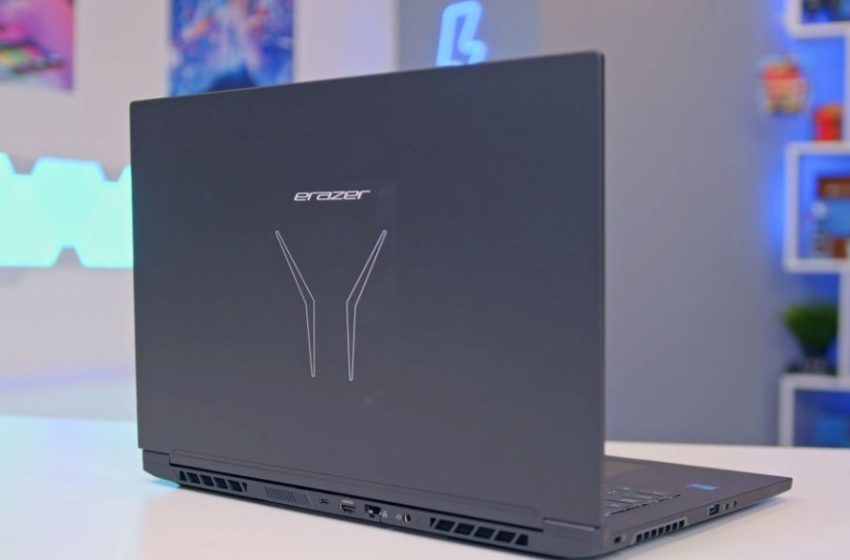
Maximizing the Lifespan of Your Laptop or PC
In the ever-evolving world of technology, where laptops and PCs have become an integral part of our lives, knowing how to maximize their lifespan is essential. We understand the importance of your computing devices, and in this comprehensive guide, we’ll explore various strategies to ensure they stay efficient and reliable for as long as possible.
The Importance of Maintenance
Caring for Your Investment
Your laptop or PC is not just a device; it’s an investment. We’ll discuss the significance of regular maintenance and how it can significantly impact the longevity of your computing companion.
Cleaning and Dust Management
Dust and dirt can wreak havoc on your laptop’s internals. Learn effective cleaning techniques and preventive measures to keep your device dust-free and running smoothly.
Hardware Upgrades and Repairs
When to Consider Upgrades
Hardware components can become outdated over time. Discover the signs that indicate when it’s time to consider upgrades and how to choose the right components.
DIY Repairs vs. Professional Services
Weigh the pros and cons of DIY repairs versus seeking professional assistance. We’ll provide insights into common hardware issues and whether you can tackle them yourself.
Software Optimization
Operating System Updates
Staying up-to-date with operating system updates is crucial for security and performance. Learn how to manage updates effectively and avoid potential pitfalls.
Unnecessary Software and Bloatware
Bloatware and unnecessary software can slow down your system. We’ll guide you on how to identify and remove these digital culprits.
Final Words
Your laptop or PC is more than just a tool; it’s a companion that plays a significant role in your daily life. By following the maintenance, upgrade, and optimization strategies outlined in this guide, you can extend its lifespan, ensuring it continues to serve you well for years to come.
Commonly Asked Questions
1. Is it worth upgrading my laptop’s RAM and storage?
Upgrading RAM and storage can breathe new life into an older laptop. It’s a cost-effective way to improve performance, especially if you frequently use memory-intensive applications or need more storage space.
2. How often should I clean the inside of my laptop or PC?
Cleaning the inside of your device depends on various factors, including your environment and usage. As a general guideline, consider cleaning it every 6-12 months. However, if you notice overheating or increased fan noise, it’s a sign that cleaning is overdue.
3. Can I extend the lifespan of my laptop’s battery?
Yes, you can extend your laptop’s battery lifespan by following practices like avoiding deep discharges, using battery-saving modes, and keeping your laptop at a reasonable temperature. Additionally, some laptops allow you to replace the battery if it becomes less efficient over time.
4. How do I prevent overheating in my laptop?
To prevent overheating, ensure proper ventilation by not obstructing the laptop’s cooling fans. Use a cooling pad if necessary, and avoid using your laptop on soft surfaces like beds or couches that can block airflow. Regularly clean the laptop’s vents and fans to remove dust buildup.
5. What’s the best way to back up my data to protect against data loss?
Regularly backing up your data is essential. You can use external hard drives, cloud storage services, or dedicated backup software to create backups. Automatic backups are a convenient way to ensure your data is safe in case of hardware failure.


